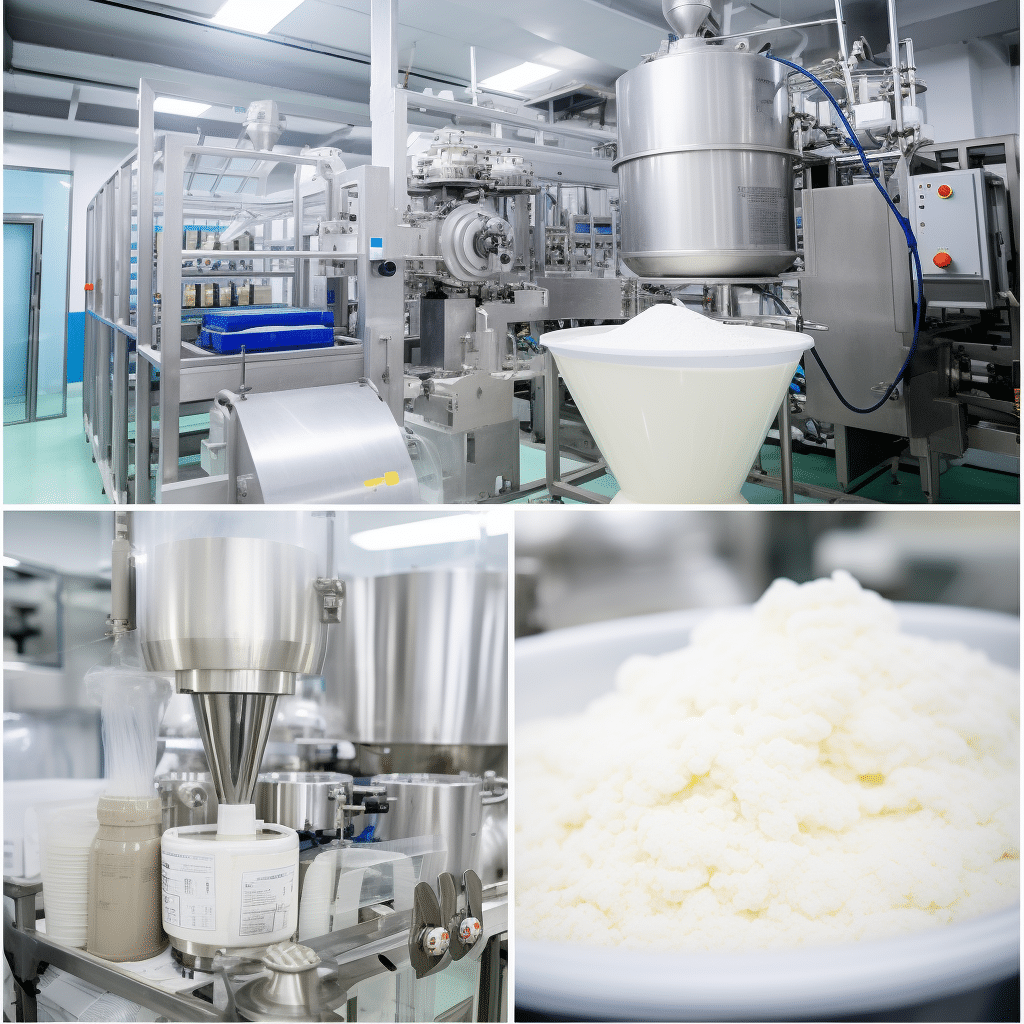
Introduction
When sourcing Tadalafil Hydrochloride (API), buyers often weigh the pros and cons of purchasing raw Tadalafil powder versus finished Cialis® or generic Tadalafil tablets. Each option serves a different role in the supply chain:
- Tadalafil powder (API): For manufacturers, compounding pharmacies, and research labs.
- Cialis® tablets (finished dosage): For retail distribution, direct prescriptions, and patient use.
This article compares Tadalafil powder vs tablets across cost, flexibility, compliance, and end-user considerations.
👉 For bulk sourcing details, see the Wholesale & Export Guide to Tadalafil Powder.
What is Tadalafil Powder?
- Form: White to off-white crystalline powder, ≥99% purity (HPLC).
- Use Case: Base API used in Cialis®, Adcirca®, and generics.
- Advantages: Cost-efficient, flexible, scalable.
- Limitations: Requires GMP facilities, COA validation, and compounding/formulation expertise.
What are Cialis Tablets?
- Brand: Cialis® (Tadalafil, Eli Lilly).
- Forms: 2.5 mg, 5 mg (daily use); 10 mg, 20 mg (on-demand).
- Indications: Erectile Dysfunction (ED), Benign Prostatic Hyperplasia (BPH), Pulmonary Arterial Hypertension (PAH, under Adcirca®).
- Advantages: Ready-to-use, pre-approved dosages, widespread physician adoption.
- Limitations: High retail cost, fixed dosing, no flexibility in formulation.
Cost Comparison: Powder vs Tablets
| Form | Unit Cost | Notes |
|---|---|---|
| Raw Powder (bulk) | $350–$500/kg (25+ kg) | 1 kg = ~50,000 x 20 mg tablets → ~$0.01 API cost per pill |
| Raw Powder (small lot) | $650–$900/kg (1–5 kg) | Lab/RUO packs for compounding & R&D |
| Generic Tadalafil Tablets | $1–2 per 20 mg pill | Indian/Chinese generics |
| Cialis® Branded Tablets | $2–$4 per 20 mg pill | Retail pharmacy pricing |
📊 Takeaway: Raw Tadalafil powder reduces API costs by 100–200x compared to branded tablets.
👉 For live price data, see Tadalafil Powder Price Trends 2025.
Flexibility & Applications
Powder (API)
- Manufacturing: Enables production of tablets, capsules, suspensions.
- Compounding: Pharmacies can tailor custom doses (e.g., microdoses for BPH).
- Research: Used for formulation innovation (ODTs, films, nanoformulations).
Tablets (Finished Dosage)
- Patient-Ready: Prescribed and dispensed immediately.
- Fixed Dosing: 2.5, 5, 10, 20, 40 mg options only.
- Retail Use: Suitable for end-consumer markets, not manufacturing.
Regulatory Considerations
- Powder (API): Requires GMP compliance, COA, MSDS, DMF/CEP for import/export. Only legal for manufacturers, compounding pharmacies, and research entities.
- Tablets: Already FDA/EMA-approved; easy distribution in retail/clinical channels, but limited flexibility.
👉 For compliance, see Tadalafil MSDS & Safety Guidelines.
Which is Best for You?
- Choose Powder if:
- You are a pharma manufacturer producing Cialis® generics.
- You are a distributor supplying compounding pharmacies.
- You are a lab/CRO running formulation or PK/PD studies.
- Choose Tablets if:
- You are a retail distributor selling to pharmacies or clinics.
- You are a healthcare provider prescribing directly to patients.
- You need ready-to-use dosing without extra formulation work.
Conclusion
Tadalafil powder vs tablets comes down to purpose:
- Powder (API): Ideal for manufacturers, wholesalers, and research labs — offering lowest cost per unit and formulation flexibility.
- Tablets (Finished Dosage): Ideal for clinics, pharmacies, and end-users — offering ready-to-use treatment with fixed dosing.
📌 Next Steps:
- Direct sourcing
- Bulk contracts
- Supplier vetting
By aligning procurement with your business model and compliance needs, you can maximize both cost efficiency and market fit when working with Tadalafil.